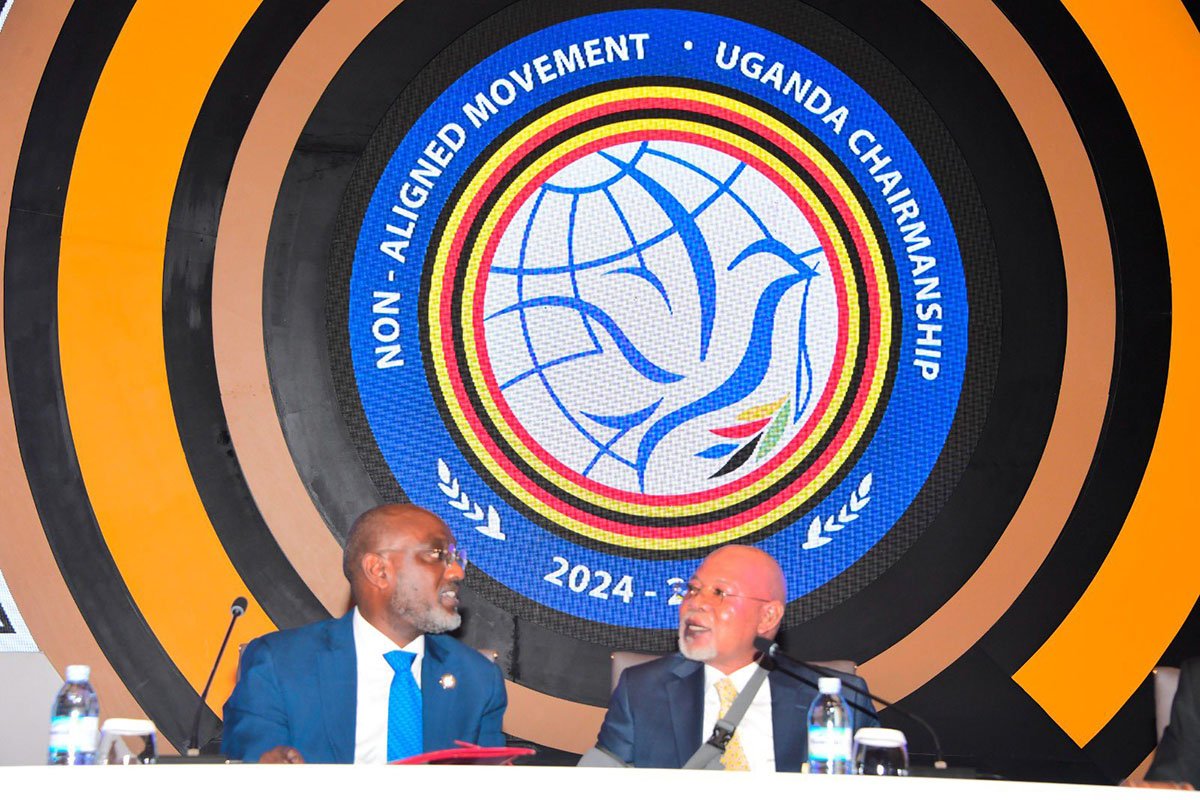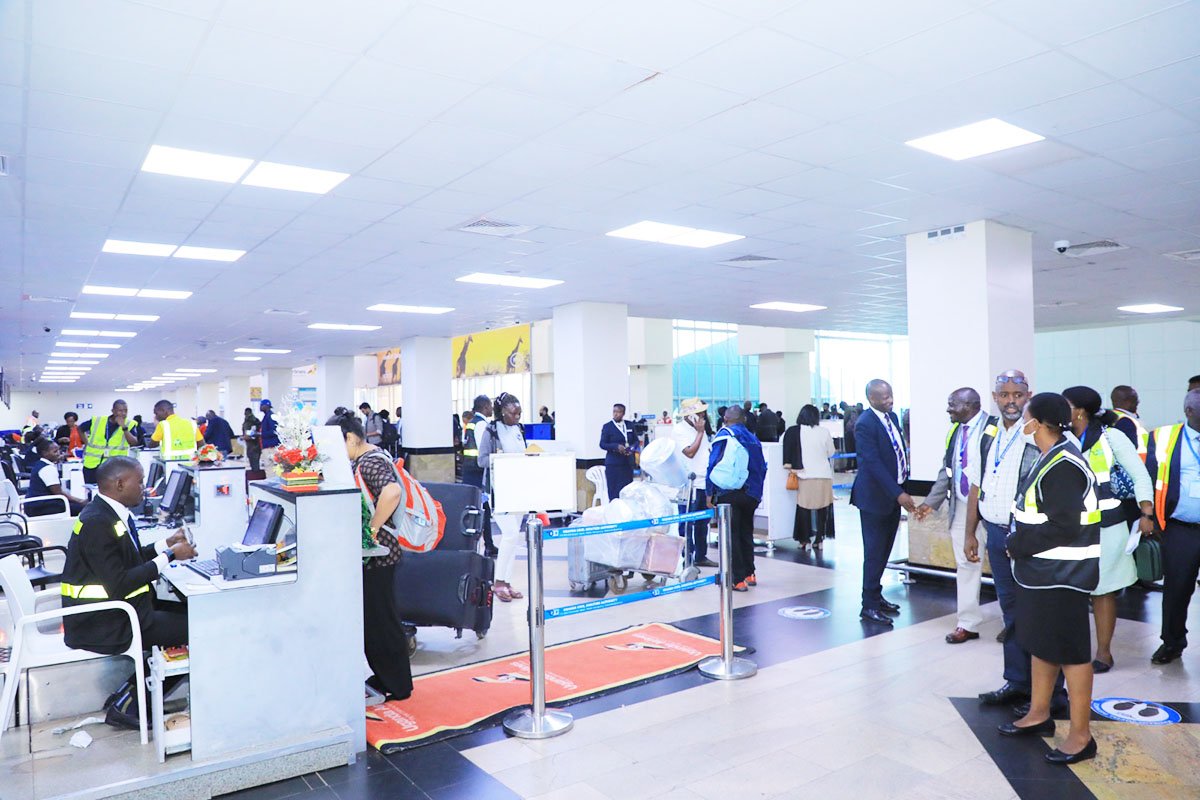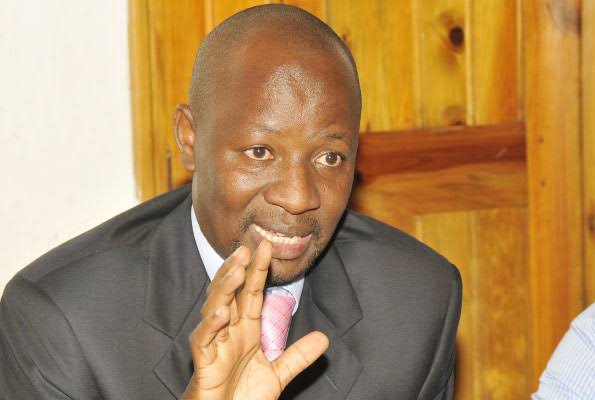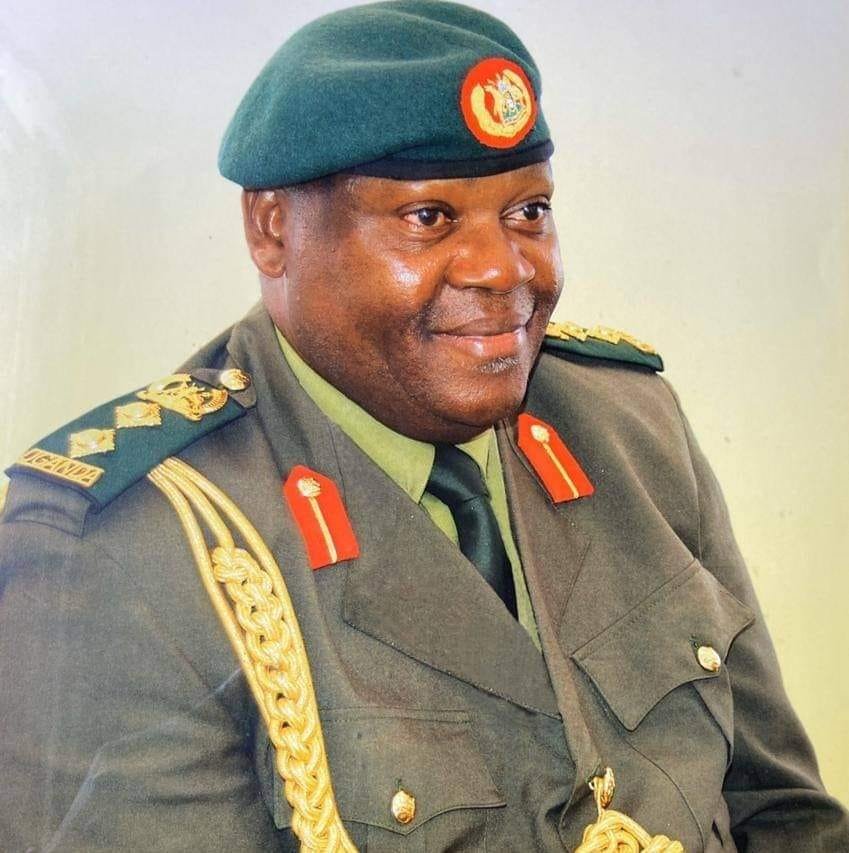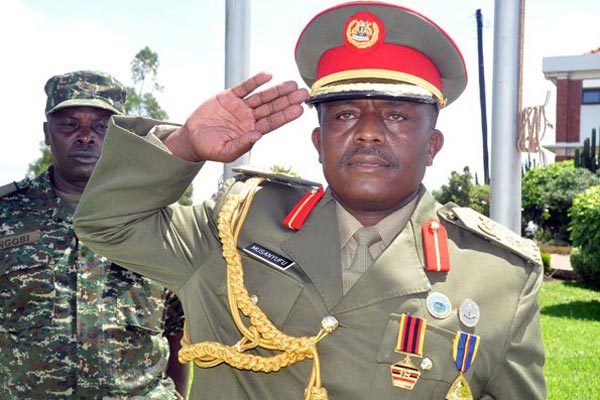In light of the current problems, the 19th Summit of the Non-Aligned Movement (NAM) opens in Kampala with a call for the majority of least developed and least developed nations to fortify their unity.
Even though NAM was founded in 1965, Uganda’s Minister of Foreign Affairs, Gen. Jeje Odongo, stated at the NAM Summit Preparatory Meeting of Senior Officials at Speke Resort, Munyonyo, that the Bandung Principles upon which it was founded remain highly relevant today.
The Bandung Principles, which were established in 1955 during the Afro-Asian Conference in the Indonesian city, include respect for basic human rights, equality among races, and non-interference in the domestic affairs of other nations.
They also include respect for each nation’s sovereignty and territorial integrity.
Other principles included respect for the right to self-defence, abstaining from using collective defence agreements to further the particular objectives of any major power, prohibiting any nation from applying pressure to another nation, abstaining from using threats of aggression, and resolving all international disputes peacefully.
According to Minister Odongo, these values ought to be preserved in light of the developing world’s high debt levels, terrorism, health issues—including pandemics—and outside meddling in their internal affairs.
As Uganda takes over as the Summit’s chairman for the next five years from Azerbaijan, he was speaking as the host minister of the 120 member nations and top officials.
“Deepening Cooperation for Shared Global Affluence” is the summit’s theme, which aims to promote equity in the worldwide pursuit of wealth.
Amb. Adonia Ayebare, Uganda’s Permanent Representative to the UN, was chosen to preside over the Senior Official Meeting of NAM.
Representatives from several nations stated in their opening statements that developed nations must cease their hostility against other nations and treat all sovereign states equally.
The Permanent Observer of Palestine to the UN, Riyad Mansour, is the Palestinian ambassador to the UN.
He urged the NAM member nations to join the Arab Caucus in pledging their support for ending what he called Israeli aggression against the Palestinian people.
He said that the Palestinian people had suffered unspeakable atrocities over the last 100 years, such as famine, murder, and lack of access to healthcare.
According to Mansour, the goal should be to avert the anticipated “Israeli Second Nakba (catastrophe) in Gaza.”
Mansour also backed South Africa’s effort to get justice for the Palestinian people in the International Court of Justice, stating that they are excitedly awaiting the results to move forward.
The Iranian delegate initiated the call for coordinated actions against aggression against Palestine.
Other callers included Pakistan, Lebanon, and Mauritania. The subject was also included in the report that would be presented to the heads of state summit later this week.
The NAM Summit, according to Somalia’s Permanent Representative to the UN, Abukar Osman, gave the nation a greater platform to communicate its goals.
On the other hand, he demanded recognition of the process of unifying all Somalis and denounced intervention in its internal affairs and violations of its territorial integrity.
He made no mention of any nation, although Somalia has been hostile to Somaliland’s independence and suffers greatly from the Islamist group Alshabaab, which is thought to have received support from nearby nations and now controls a sizable portion of the nation.
120 nations that are not explicitly allied with or against any major power bloc—previously, the Soviet Socialist bloc vs. the US-led coalition—form the Non-Aligned Movement.
In the backdrop of the Cold War conflict, it was established with the goal of furthering the interests of emerging nations.


